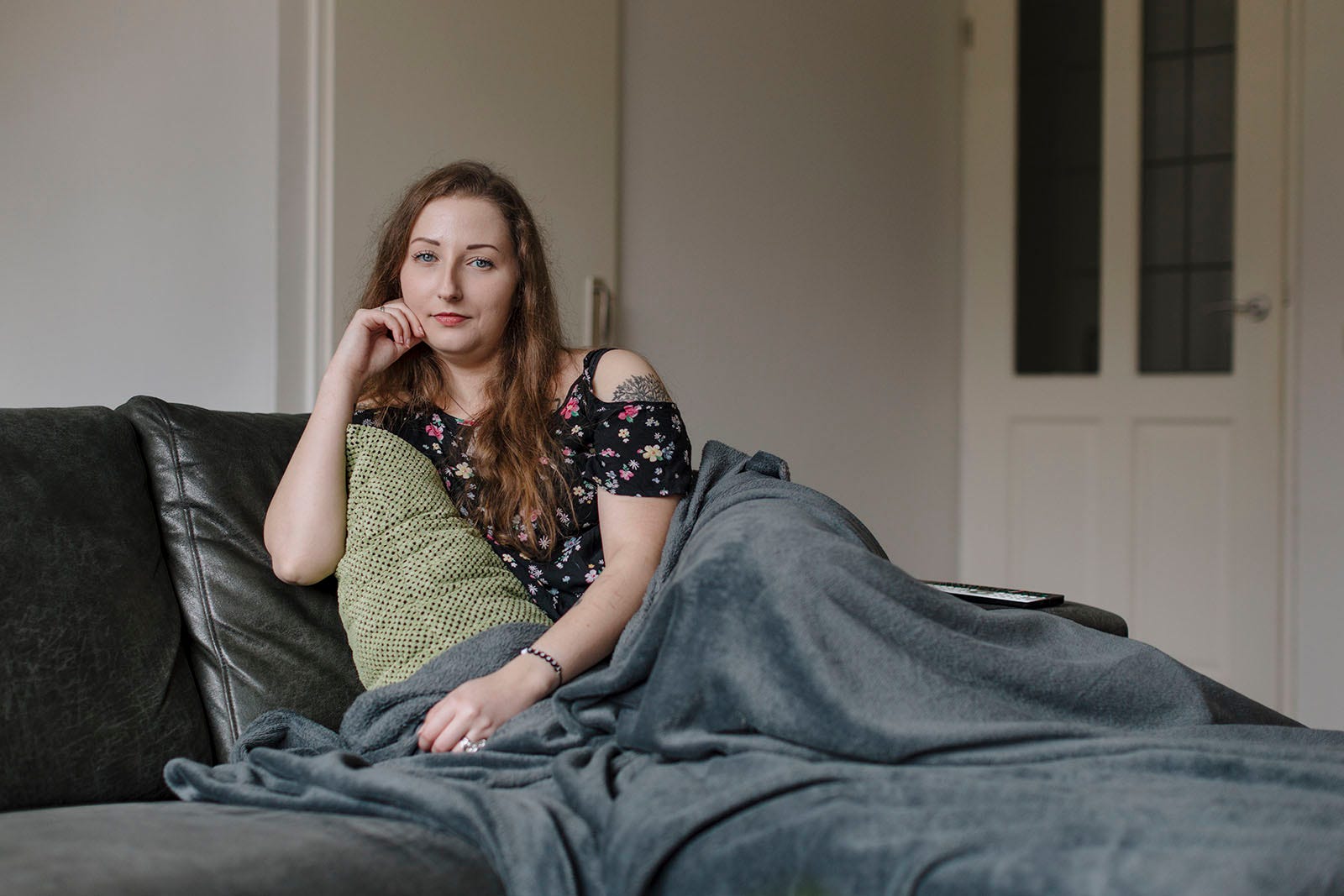In a groundbreaking decision, 29-year-old Zoraya ter Beek has been granted approval for euthanasia due to her severe and treatment-resistant depression. Despite being physically healthy, Zoraya’s prolonged battle with depression has led to her decision to end her life, which will be implemented in the coming weeks following approval from Dutch officials.
Zoraya’s journey to euthanasia approval spans over three-and-a-half years, during which she relentlessly fought for her right to choose. Initially applying for assisted suicide in 2020, she cited prolonged depression and continuous suicidal thoughts stemming from childhood trauma. Despite her aspirations as an aspiring psychiatrist and attempts to find solace in a supportive environment, Zoraya’s mental health deteriorated, leading to chronic depression, anxiety, trauma, borderline personality disorder, and autism diagnosis.
Her case has reignited the ongoing debate surrounding euthanasia in the Netherlands, particularly concerning the increasing number of cases related to psychiatric illness. The Guardian reports a significant rise in such cases, from only 2 in 2010 to 138 in 2023, accounting for 1.5% of euthanasia deaths.
Zoraya’s decision has prompted extensive discussion on social media, where she has responded to criticisms regarding her mental capacity to make such a choice. She emphasized that her decision was well-considered and voluntary, reflecting her deep understanding of her condition and the absence of reasonable alternatives.
Despite undergoing intensive therapy, including talk therapy, medication, and over 30 electroconvulsive therapy sessions, Zoraya’s condition showed no signs of improvement. She expressed her unwavering determination to proceed with euthanasia, acknowledging feelings of guilt and fear but remaining resolute in her choice.
The Netherlands’ euthanasia law allows individuals to seek permission for euthanasia if their request is voluntary and well-considered, with strict criteria to ensure safety and adherence to ethical standards. Zoraya’s case underscores the complex ethical and moral dilemmas surrounding end-of-life decisions, sparking introspection and debate on mental health care and patient autonomy.






